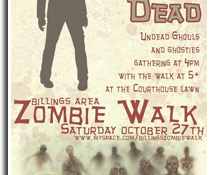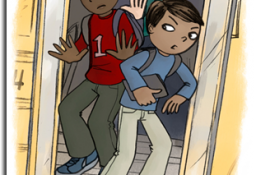Some of the most “successful” people in the world hate their jobs.
In the first pages of his new autobiography, former tennis star, Andre Agassiz, writes: “I play tennis for a living, even though I hate tennis, hate it with a dark and secret passion.” Turns out that Agassiz won eight Grand Slam titles with a ‘can do’ skill.
Agassiz’s father forced him to hit 2500 balls, fired from a machine at 180 km an hour, starting at age 7. Ten years of such daily rigor helped turn him into a champion. But, as a champion, he felt “nothing.” There was no innate pleasure, no passion, for hitting tennis balls.
How many people end up in careers due to early decisions in life, decisions often taken for them by the significant people in their lives—parents, family members, teachers, coaches, or others? Some people are channeled down a certain professional path using can do skills long before they’ve had a chance to discover and nurture their natural talents and motivations.
A can do skill is something we learn or acquire through training and experience. It might be built on a natural talent. Surely, Agassiz must have been born with a talent for physical coordination, a knack for moving his arms, legs, and torso in a coordinated fashion. But, according to him, that body was not designed for hitting tennis balls.
What we lack in passion, we make up for with sheer will and determination. Agassiz was often a picture of determination on the tennis court. Similarly, nobody can deny that Tiger Woods may be the best golfer ever! But, like Agassiz, he lives a lopsided, unnatural life of daily practice. This kind of freakish and slavish devotion to skill development produces certifiable stars but it does not normally produce individuals who are passionate about their work, or innately happy with their lot in life.
It reminds of that quote on a Starbuck’s coffee cup (The Way I See It #26): “Failure’s hard, but success is far more dangerous. If you’re successful at the wrong thing, the mix of praise and money and opportunity can lock you in forever.”
Agassiz hated his work but stuck with it—one assumes, for the rewards. He was trapped by the golden handcuffs as much as any builder, banker, or bureaucrat who hates their work. Through a painful routine that numbed him to the joys of life, he did his job for money until retirement.
There is always a trade-off. Agassiz has admitted to substance abuse and addiction. Depression in the Public Service is now at public health crisis levels. The private world of Tiger Woods is torn asunder. You can’t cheat life!
I encourage individuals to discover and develop their passion into work that will sustain them for a lifetime of employment. The key to self-fulfillment is to enjoy what you do day-in and day-out. Why would you stop doing something you love?
Retirement, I reason, is for people, like Agassiz, who don’t like their jobs, or for people forced out of their jobs for reasons beyond their control. A lot of very rich people keep working; they don’t need the money; they love what they do. Conversely, many wealthy individuals who got rich doing what they don’t enjoy, move onto something else first chance they get.
When your work utilizes your natural talents and motivations, when your daily grind is helping to create what really matters to you in life, then you are in your right work. There is a flow to it, an innate satisfaction abounds from it, and you derive genuine joy from what you do, a joy that is clearly evident to others.







